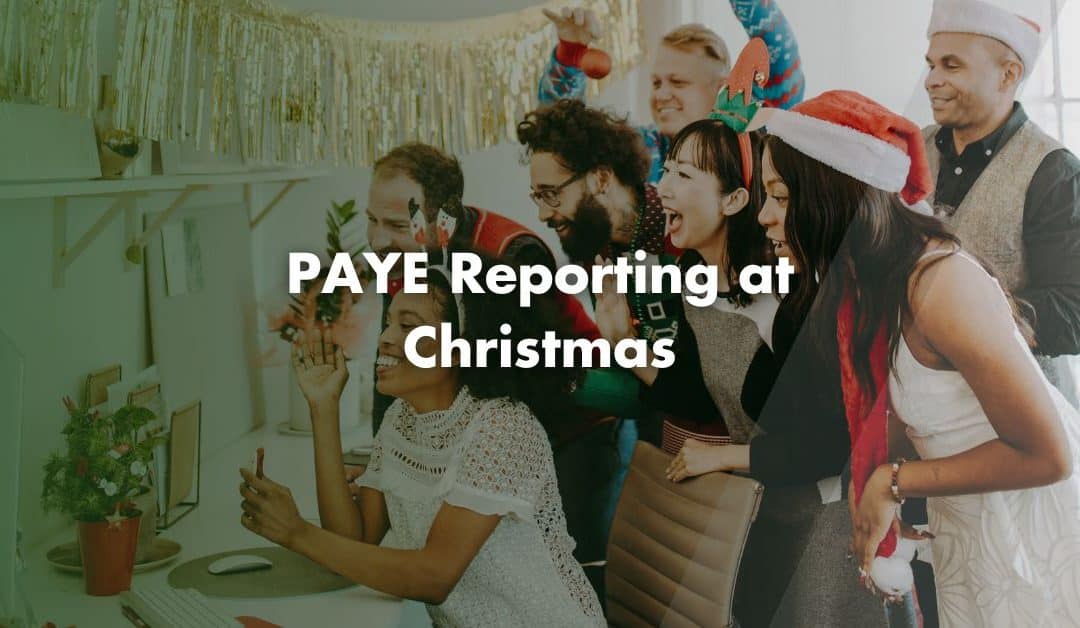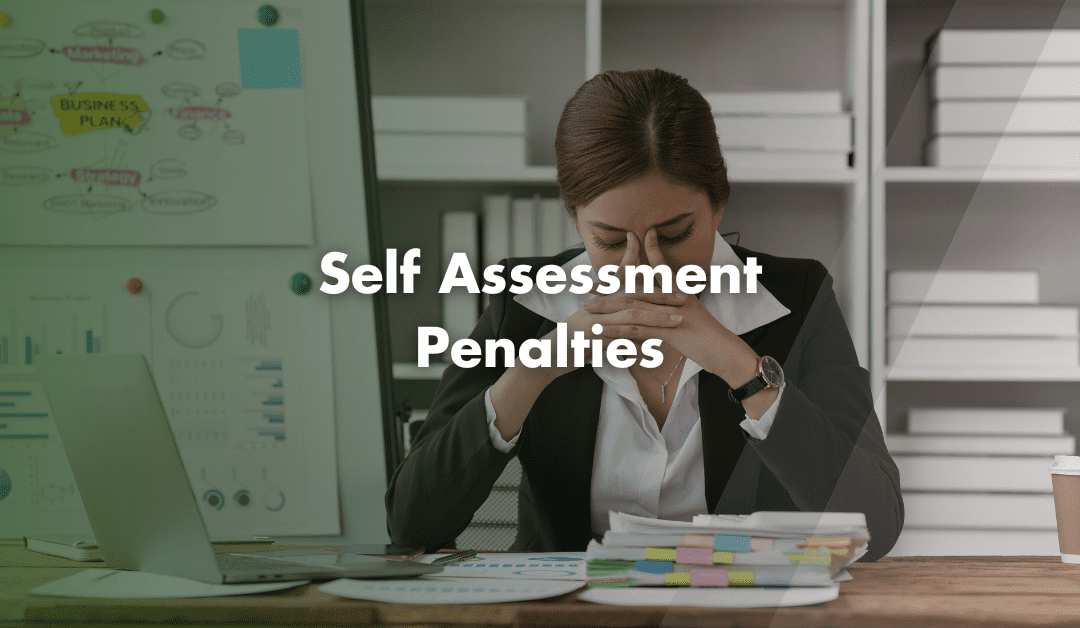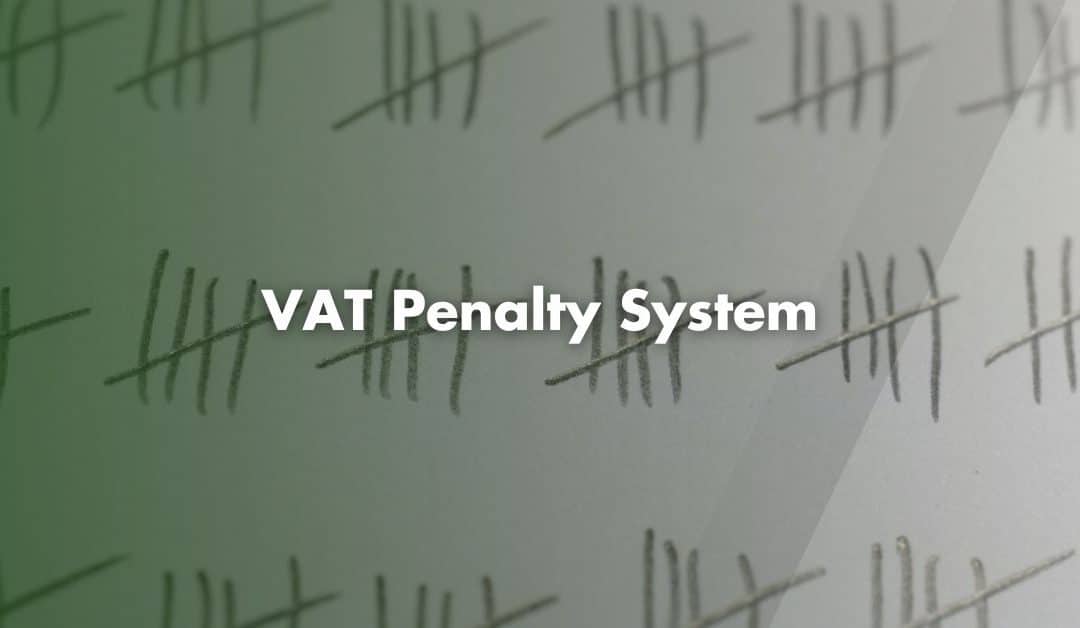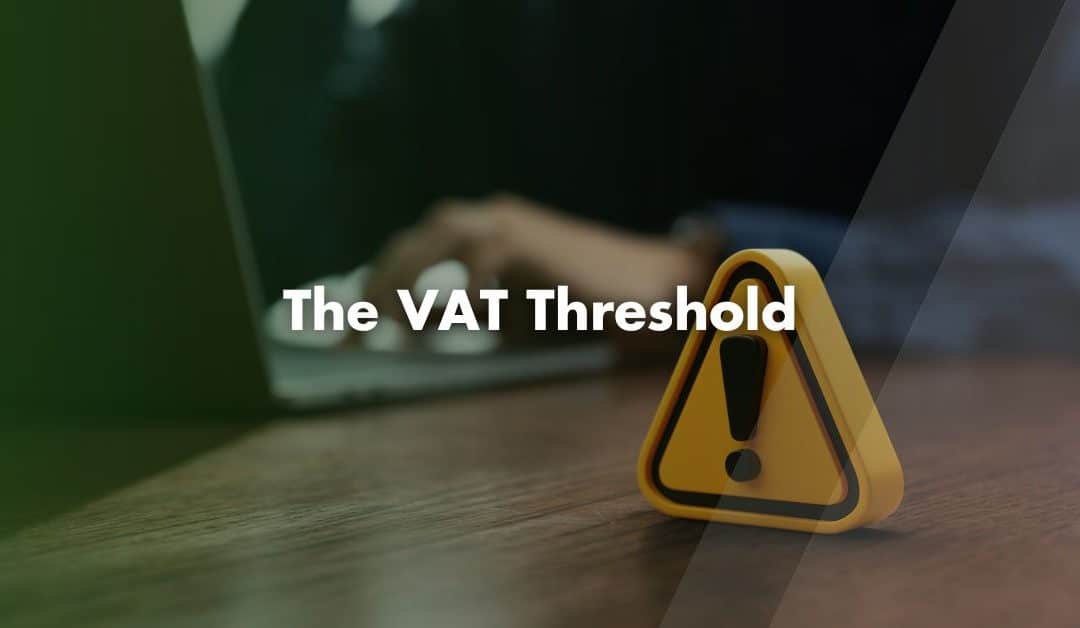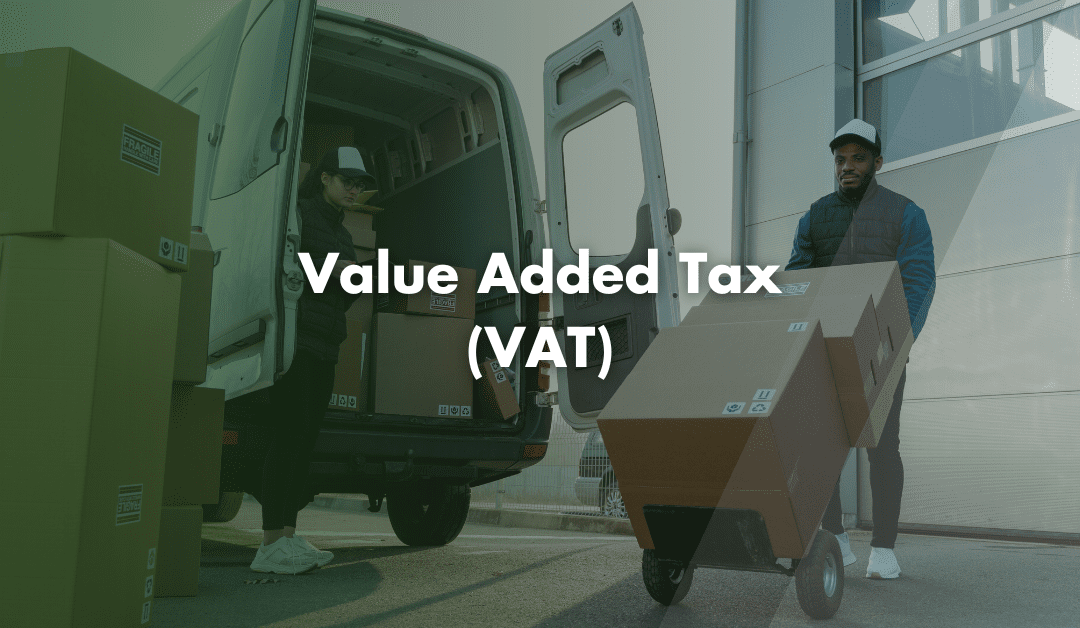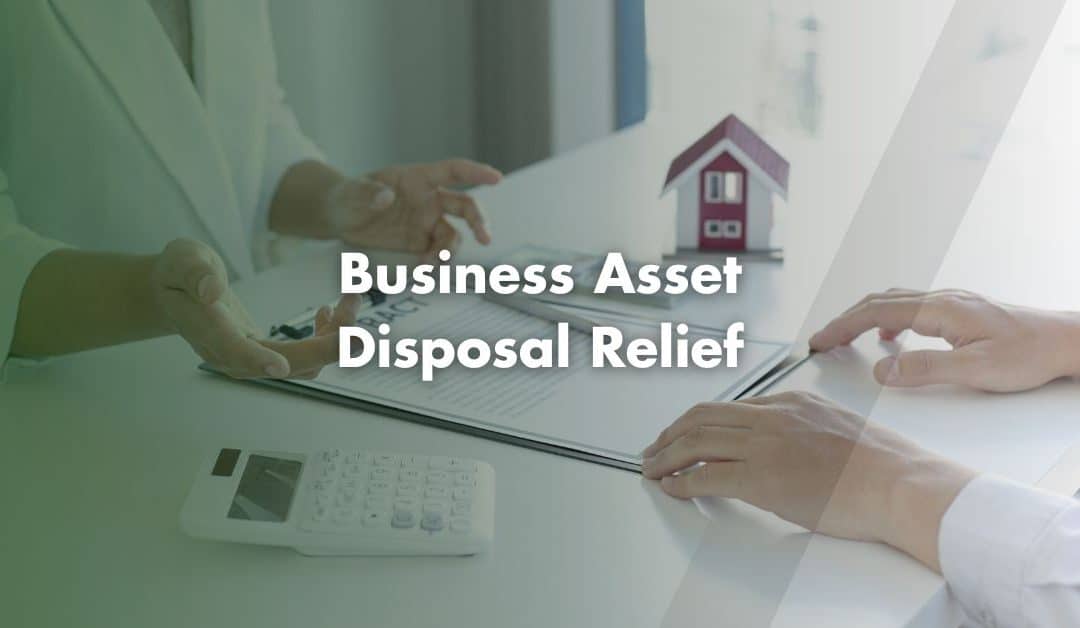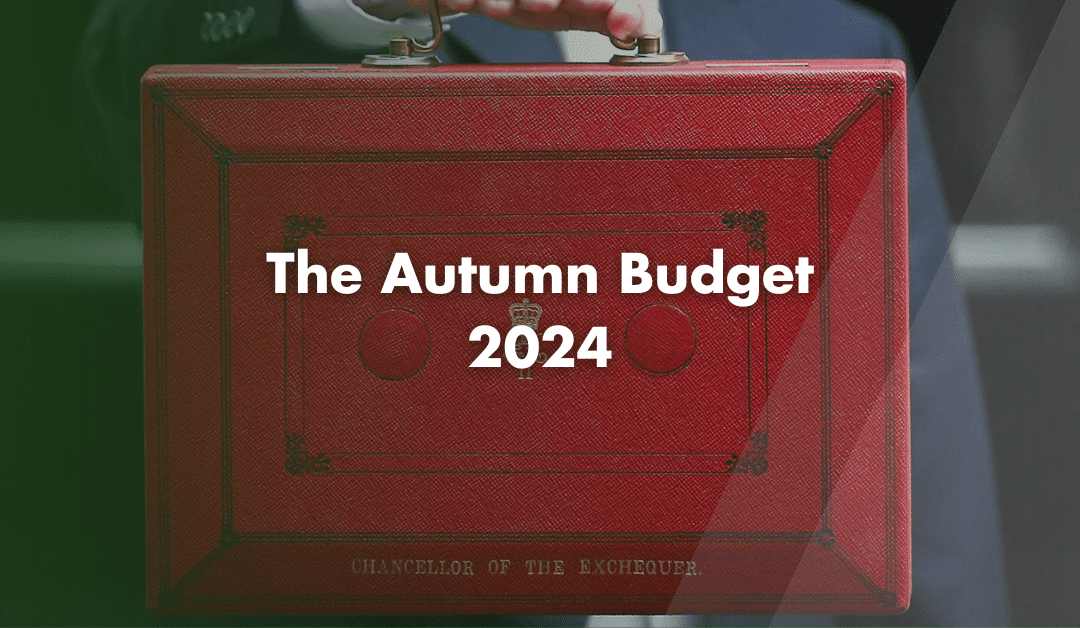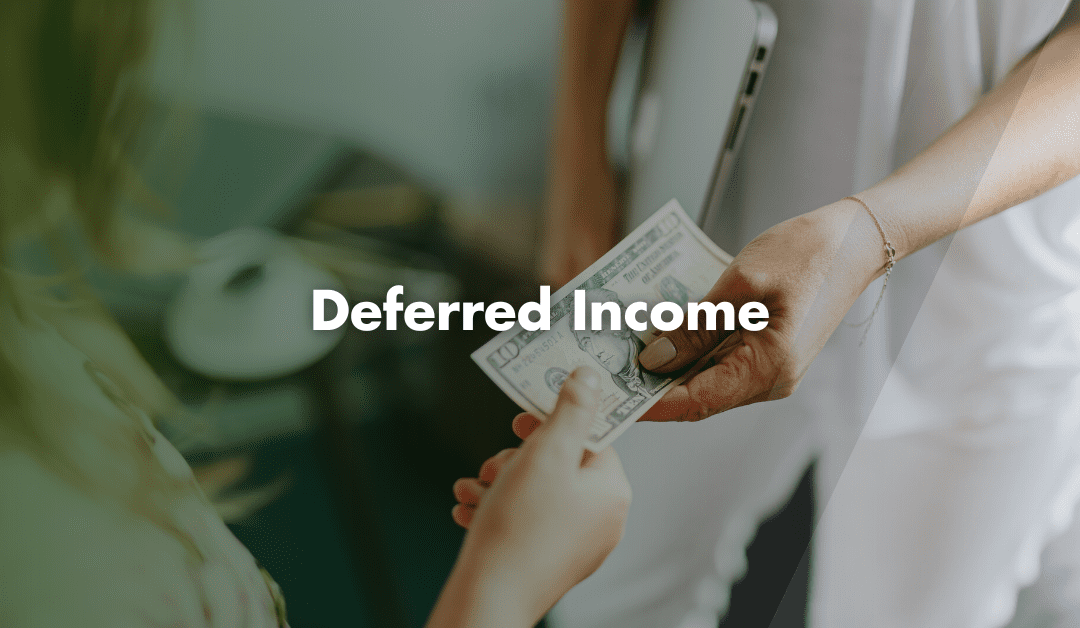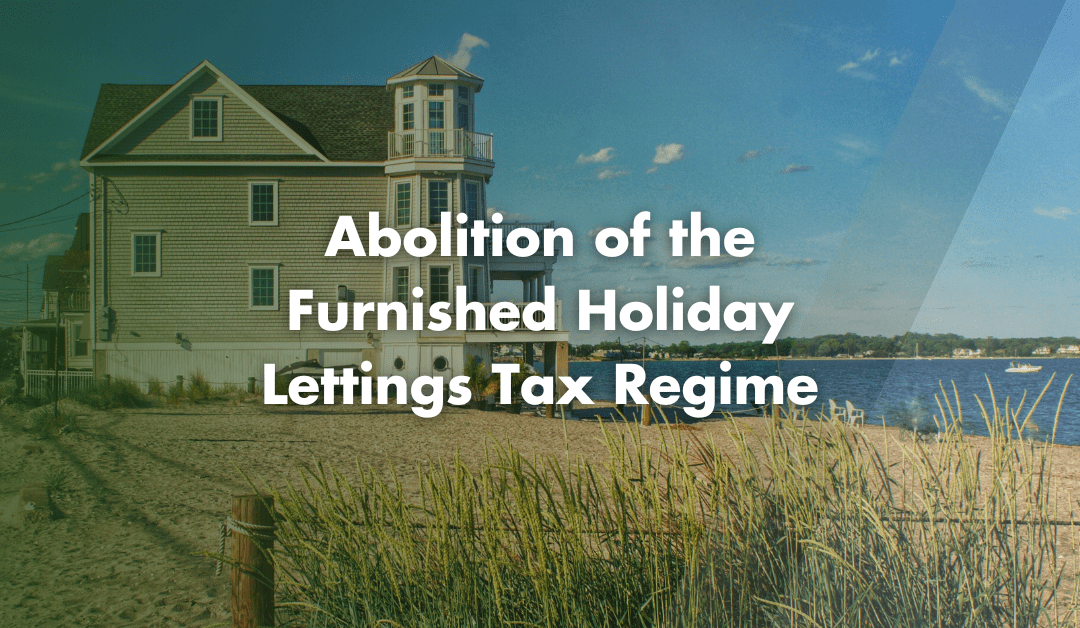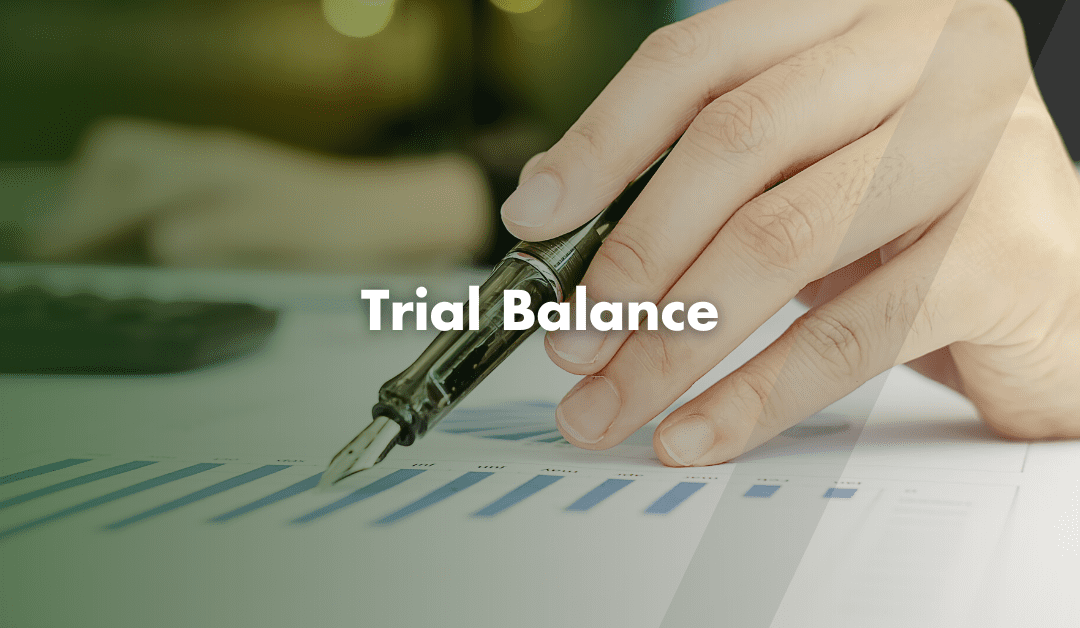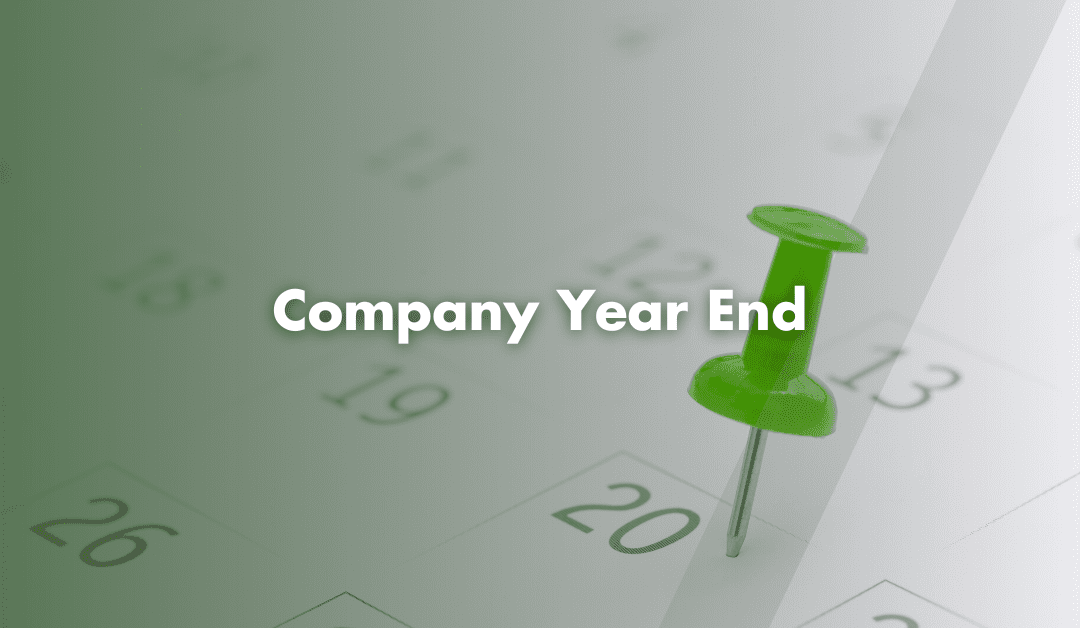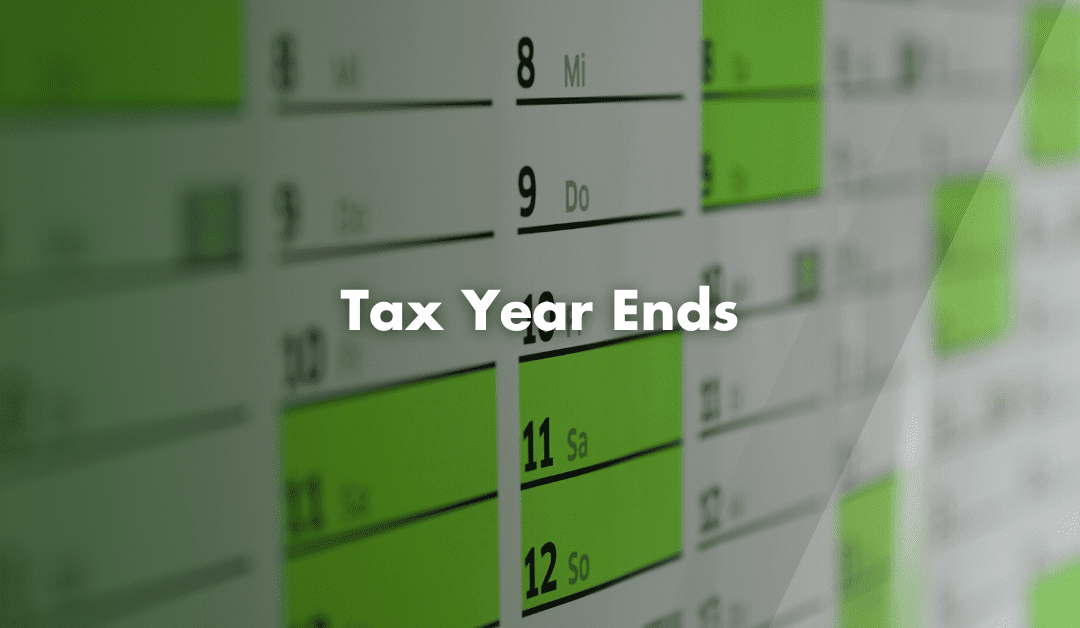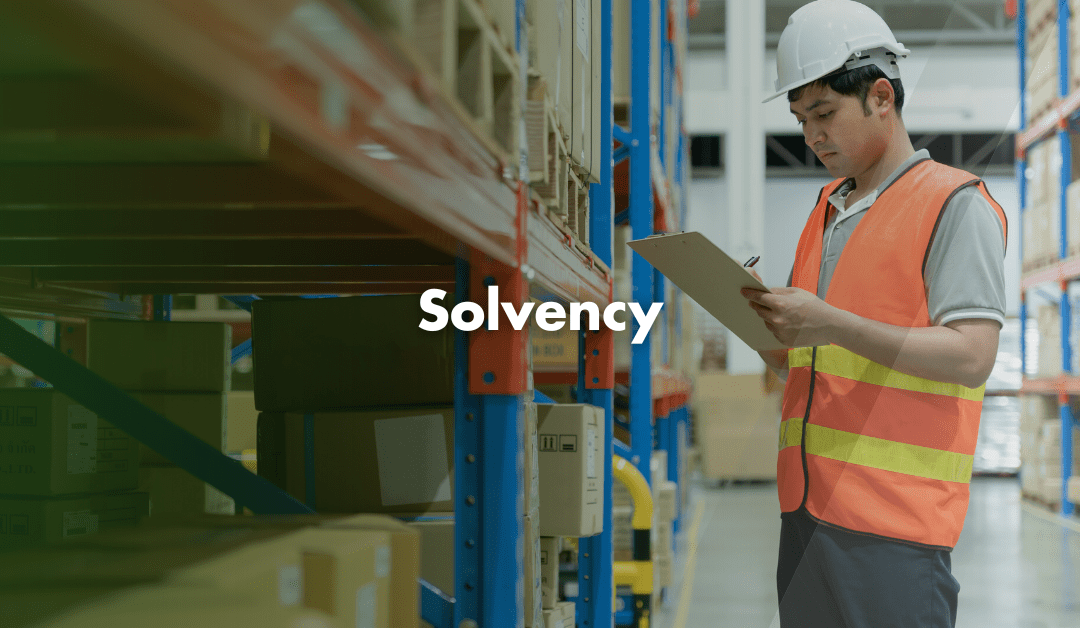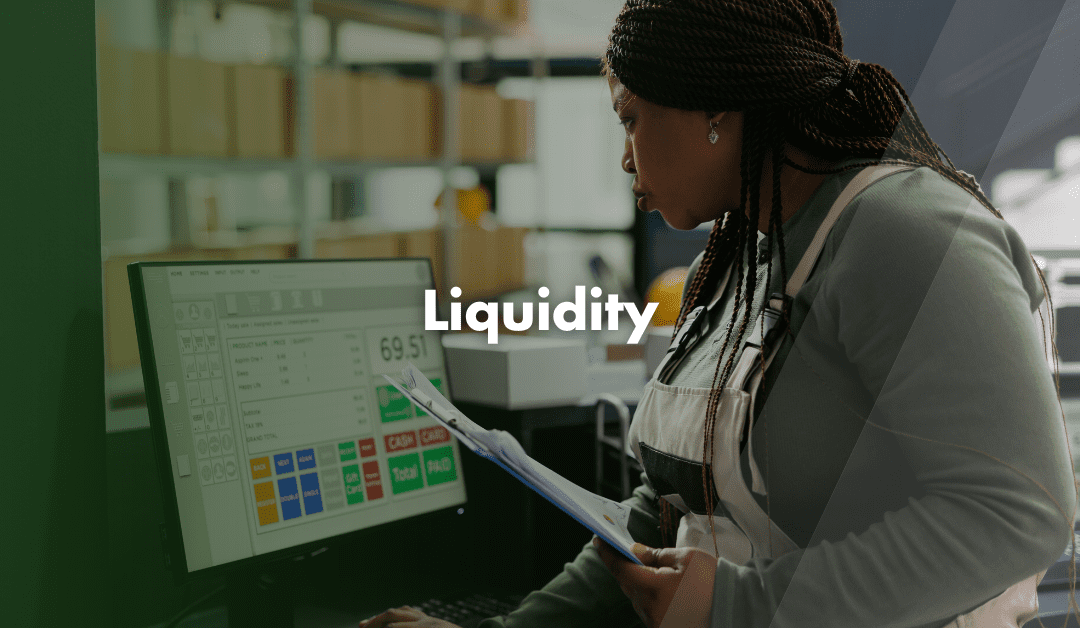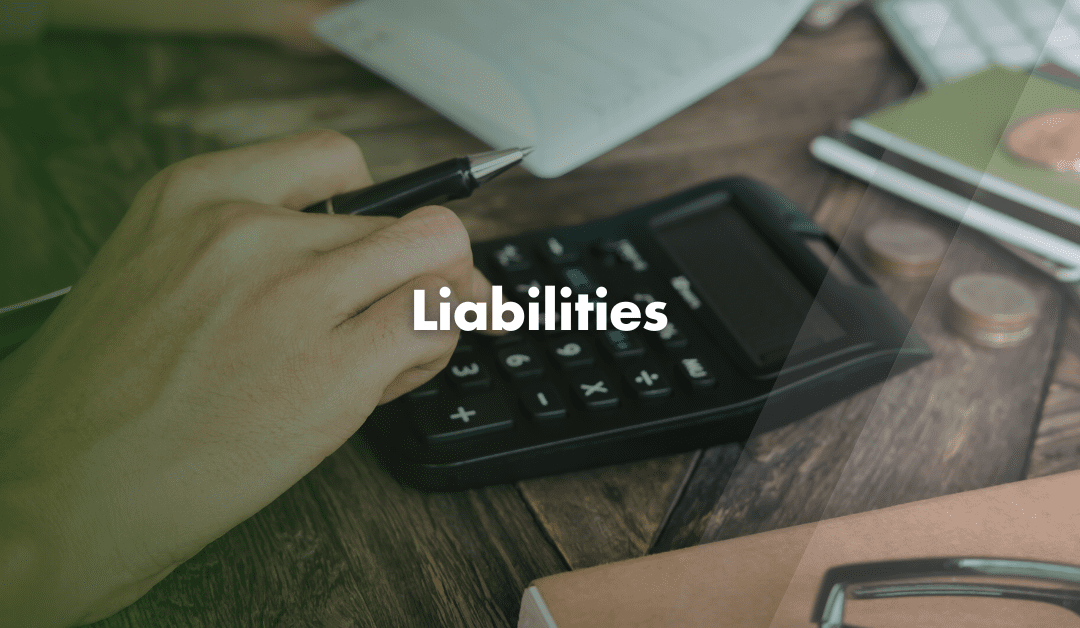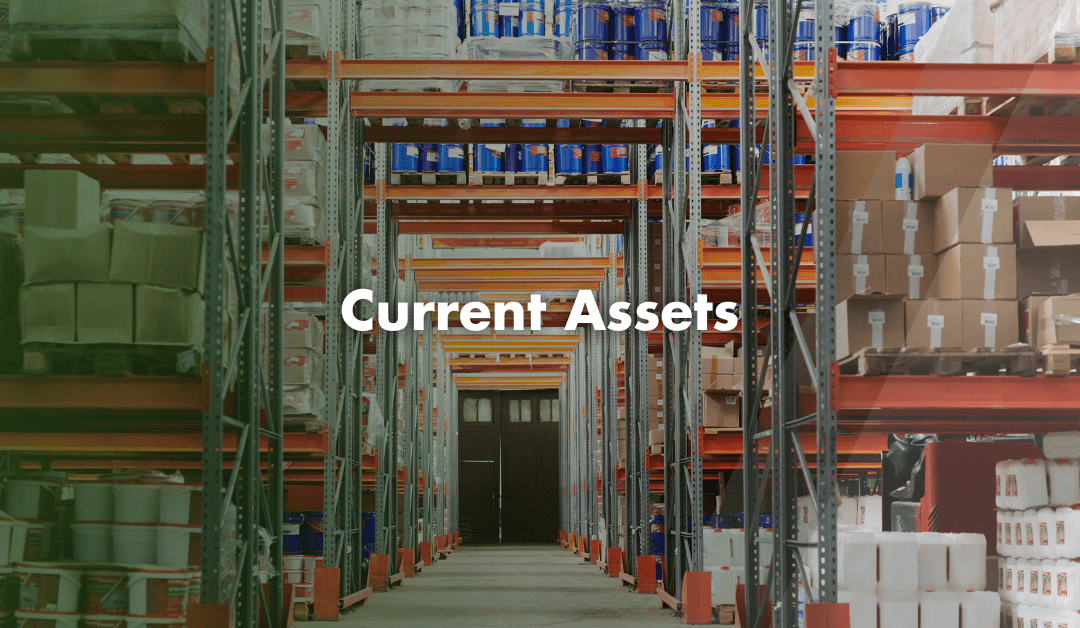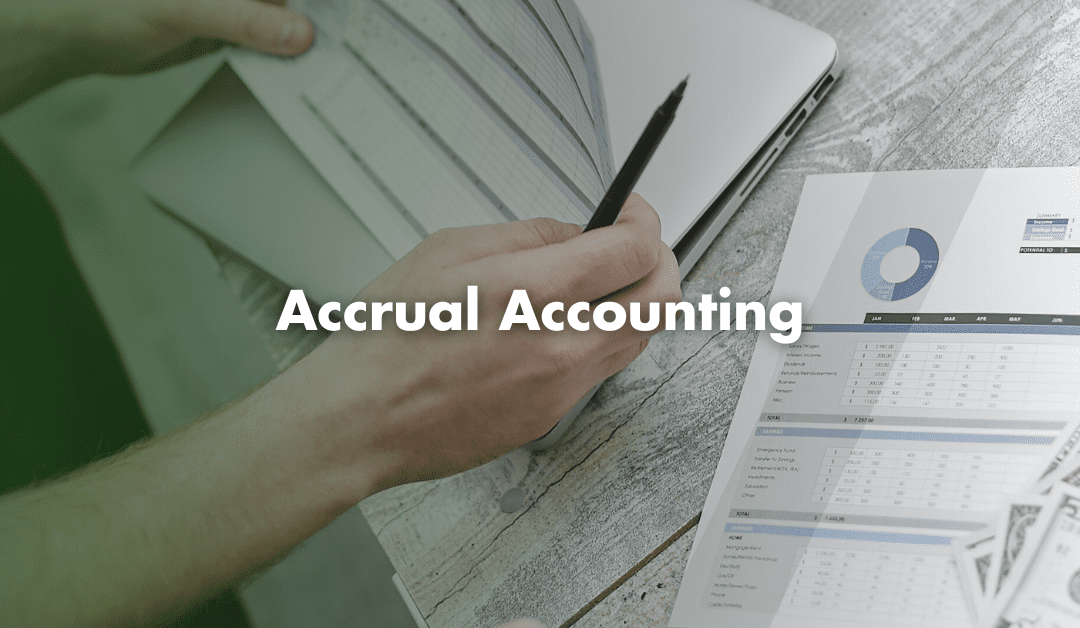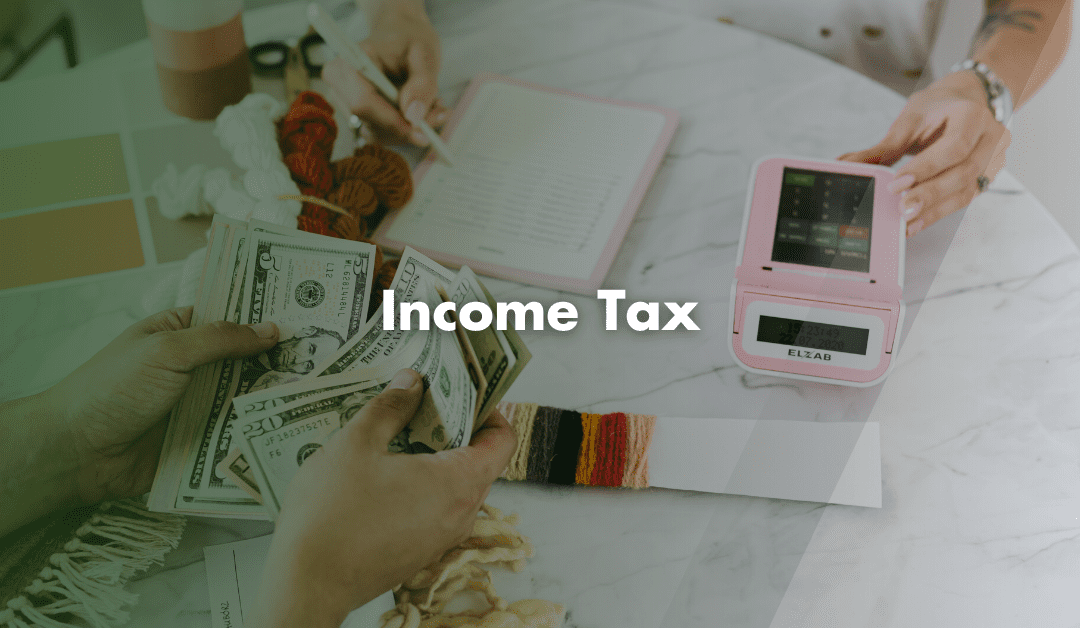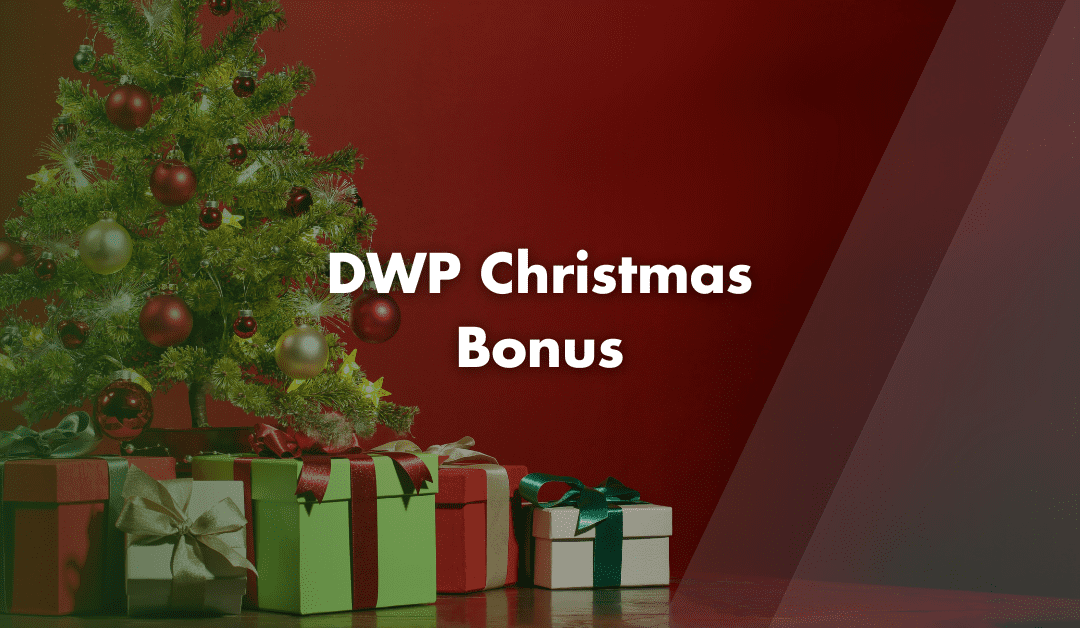
by Pi Accountancy | Dec 19, 2024 | Frequently Asked Questions
What is the DWP Christmas Bonus? The DWP provides a one-off £10 Christmas Bonus each December to qualifying individuals. Since it’s introduction in 1972, this payment has aimed to support those on certain benefits with the financial strain of the festive period....

by Pi Accountancy | Dec 18, 2024 | Advisory and Resources, PAYE, Payroll and Employment
For many businesses, December brings festive pressure and changes to normal payroll routines. Offices may close for several days and staff may also take annual leave. As a result, many employers choose to pay their staff earlier than usual in December. Early payment...

by Pi Accountancy | Dec 17, 2024 | Advisory and Resources, Business, Payroll and Employment
Christmas brings a fast and intense rise in demand for many businesses. As a result, many employers hire temporary Christmas staff to keep operations running smoothly. These short-term workers help manage extra tasks and maintain strong customer service when it...

by Pi Accountancy | Nov 21, 2024 | Advisory and Resources, Self Assessment
Filing your Self Assessment tax return on time can help you avoid penalties from HMRC. These penalties can quickly add up, leaving you with more stress than just paying your tax bill. What Happens if You File Your Tax Return Late If you miss the Self Assessment...

by Pi Accountancy | Nov 8, 2024 | Advisory and Resources, VAT
HMRC introduced a new VAT Penalty System on 1st January 2023. This system replaced the old default surcharge regime and introduced a clearer, points-based approach to late submissions and payments. Businesses that understand this system can protect themselves from...

by Pi Accountancy | Nov 7, 2024 | Frequently Asked Questions, VAT
The VAT threshold is the maximum amount of VAT-taxable turnover your business can earn in any rolling 12-month period before you are legally required to register for VAT. As of 1st April 2024, the threshold is £90,000. HMRC has confirmed this figure will remain...

by Pi Accountancy | Nov 5, 2024 | Frequently Asked Questions
VAT, or Value Added Tax, is a consumption tax that businesses charge on most goods and services. Businesses collect the tax on behalf of the government by adding it to the price of their products and services. Customers pay this tax and businesses pass it onto HMRC....

by Pi Accountancy | Oct 31, 2024 | Advisory and Resources, Business, Regulations and Schemes
When you sell or close your business, the profits you make may be subject to Capital Gains Tax (CGT). This tax can significantly reduce your final earnings. Business Asset Disposal Relief (BADR) helps lower that burden by allowing eligible business owners to pay a...

by Pi Accountancy | Oct 30, 2024 | The Budget
The Autumn Budget 2024 The 2024 Autumn Budget brings changes across wages, business taxes and public spending. Here’s an easy breakdown by category to help you understand what’s new and how it may impact you. Employers National Insurance Contributions The government...

by Pi Accountancy | Oct 29, 2024 | Frequently Asked Questions
What is Deferred Income? A business generates deferred income, sometimes called “unearned income”, when it receives payment in advance for something it has not yet delivered. Officials consider the income “deferred” because the business has not...

by Pi Accountancy | Oct 24, 2024 | The Budget
Back in the Spring Budget 2024, the government announced the abolition of the Furnished Holiday Let (FHL) Tax Regime. Now, as of April 2025, the abolition has fully come into effect. From this date, HMRC will treat all income from these types of properties under the...

by Pi Accountancy | Oct 23, 2024 | Frequently Asked Questions
What is a Trial Balance? A Trial Balance summarises all the debit and credit balances in a company’s accounting system. Typically prepared at the end of an accounting period, such as a month or a year, it is a key step in the accounting cycle. This process helps to...

by Pi Accountancy | Oct 22, 2024 | Frequently Asked Questions
What is Bank Reconciliation? Bank Reconciliation is the process of comparing the transactions recorded in your business’ financial records with the transactions listed on your bank statement. The aim is to ensure that the balances match, and if they don’t,...

by Pi Accountancy | Oct 17, 2024 | Frequently Asked Questions
What is a Company Year End? Your Company Year End depends on your business and typically aligns with the date you registered your company with Companies House. It’s different from the tax year, which runs from 6th April to 5th April. Your Company Year End typically...

by Pi Accountancy | Oct 16, 2024 | Advisory and Resources, Frequently Asked Questions, Taxes
A financial year end marks the conclusion of a 12-month period used by businesses to track, report and assess their financial activity. It is the point at which businesses stop recording income and expenses for the year and begin preparing their financial statements....

by Pi Accountancy | Oct 15, 2024 | Frequently Asked Questions
What is a Tax Year End? The UK Tax Year runs from 6th April until the 5th April of the following year. HMRC uses this timeframe to calculate your liabilities for the year, whether it’s Income Tax, Corporation Tax or Capital Gains Tax. For example: The tax year...

by Pi Accountancy | Oct 10, 2024 | Frequently Asked Questions
What is Solvency? Solvency refers to a business’ ability to meet its long-term financial obligations. Simply, it measures whether a business has enough assets to cover its debts. A solvent business is one that can pay off its liabilities over the long term,...

by Pi Accountancy | Oct 9, 2024 | Frequently Asked Questions
What is Liquidity? Liquidity measures how easily an asset converts into cash without losing value. Consider cash the most liquid asset because you can use it immediately for purchases or paying bills. On the other hand, assets like property or collectibles may take...

by Pi Accountancy | Oct 8, 2024 | Frequently Asked Questions
What are Fixed Assets? Businesses purchase fixed assets as long-term assets for continuous use. Businesses do not intend to resell or convert them into cash quickly. Instead, they support the business over several years. Examples of fixed assets include: Buildings:...

by Pi Accountancy | Oct 3, 2024 | Frequently Asked Questions
What is a Liability? A liability is a debt or obligation a company must settle. This can be in the form of money, goods, or services. You should record liabilities on the right side of the balance sheet; which includes loans, accounts payable, mortgages, deferred...

by Pi Accountancy | Oct 1, 2024 | Frequently Asked Questions
What are Current Assets? Current Assets (CA) are short-term resources that a business owns and expects to convert to cash or use up within one year. Current assets appear first on a company’s balance sheet under the Assets section and support the daily...

by Pi Accountancy | Sep 26, 2024 | Frequently Asked Questions
What is Cash Accounting? Cash accounting, also called cash-basis, is a method of recording income and expenses based on when money actually enters or leaves your business account. This means you record a payment only when you receive it, and an expense only when you...

by Pi Accountancy | Sep 25, 2024 | Frequently Asked Questions
What is Accrual Accounting? Accrual accounting is a method of recording financial transactions when they happen, rather than when money changes hands. This approach helps businesses gain a more accurate picture of their financial health by tracking income and expenses...

by Pi Accountancy | Sep 19, 2024 | Frequently Asked Questions
Income Tax is a tax you pay on the money you earn. The government collects it through HMRC. However, not all income is taxable and the amount you pay depends on how much you earn. What Counts as Taxable Income? HMRC taxes various types of income, including: Employment...


